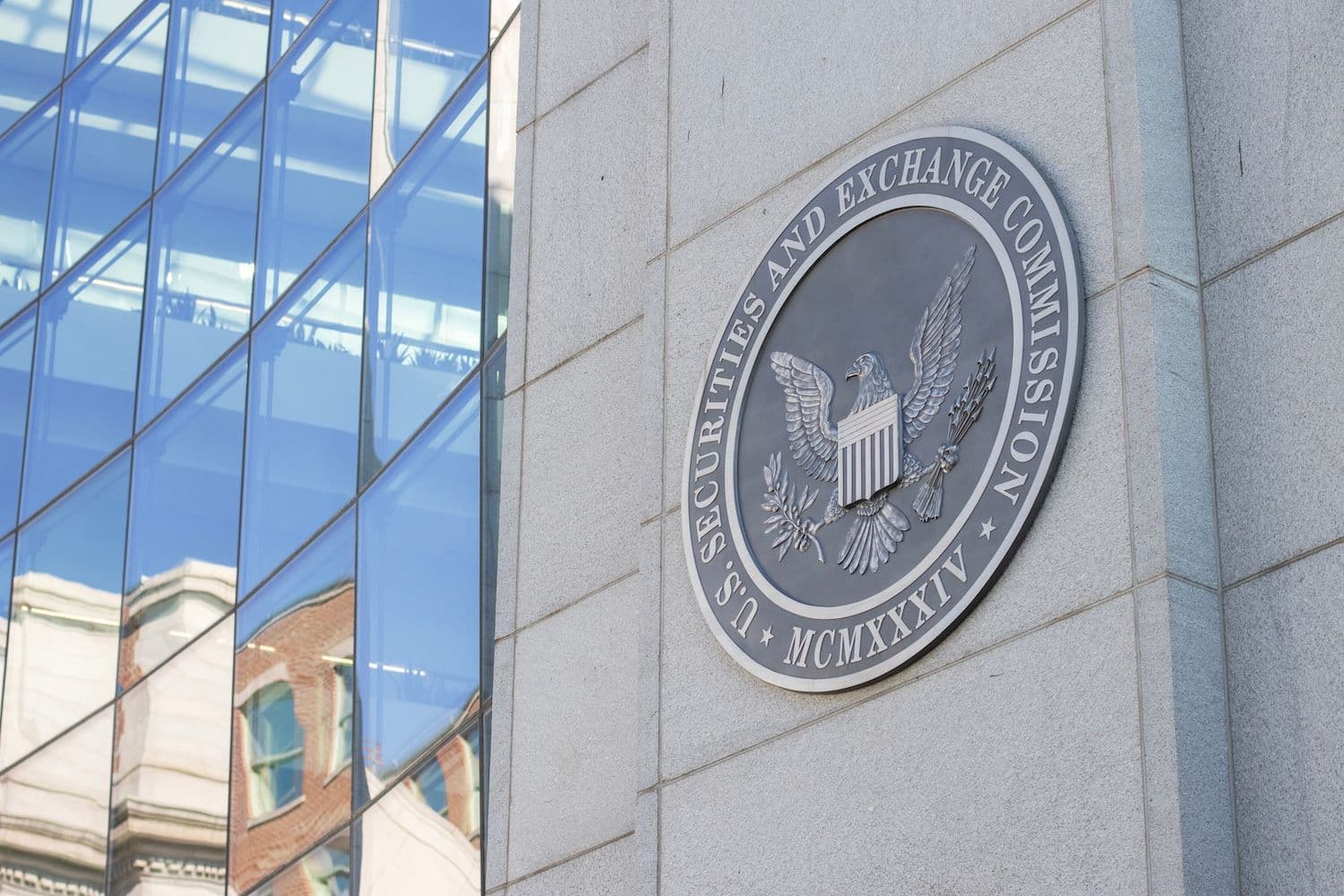Securities and Exchange Commission Chairman Paul Atkins announced plans to implement an innovation exemption for cryptocurrency firms by the end of 2025, marking a significant shift toward regulatory clarity in the digital asset sector. The exemption would allow crypto companies to launch products without navigating traditional burdensome compliance requirements that have historically stalled industry growth.
What to Know:
- The SEC plans to introduce an innovation exemption for crypto firms by December 2025, allowing faster product launches with principles-based compliance instead of prescriptive regulations
- Chairman Atkins emphasized closer coordination with the CFTC to end regulatory turf battles that have blocked numerous crypto products over the years
- The agency recently approved new generic listing standards for spot crypto ETFs as part of broader efforts to provide market stability for digital asset innovation
Regulatory Framework Takes Shape
Atkins outlined the Commission's commitment to establishing stable market foundations during a Tuesday FOX Business interview. The agency has been working to create what he described as a "stable platform upon which they can introduce new products," building on recent approvals for spot cryptocurrency exchange-traded fund listing standards.
The proposed innovation exemption represents a departure from existing regulatory approaches. Rather than requiring crypto firms to meet traditional prescriptive requirements, companies would operate under principles-based conditions designed to achieve core federal securities law objectives. This framework emerged from discussions during July's "Crypto Week" sessions, where regulators explored ways to facilitate tokenized securities ecosystem development.
Atkins emphasized the exemption's potential impact on market efficiency. The rule would permit novel trading methods and provide tailored relief for firms building digital asset infrastructure. Traditional compliance burdens have historically prevented productive economic activity in the crypto space, according to the Chairman's assessment.
Agency Coordination Efforts
The SEC Chairman addressed ongoing collaboration between his agency and the Commodity Futures Trading Commission, rejecting speculation about potential agency consolidation under his leadership. Current CFTC leadership remains in flux following delays in confirming President Trump's nominee Brian Quintenz, leaving acting Chair Caroline Pham as the sole commissioner on what should be a five-member bipartisan panel.
"We are working hand in glove right now with the CFTC, so harmonization is what I envision," Atkins stated.
He characterized years of jurisdictional disputes as counterproductive, noting that regulatory uncertainty has "torpedoed" numerous potential products caught between SEC and CFTC oversight boundaries.
The Chairman stressed the importance of eliminating regulatory turf battles. He pointed to a landscape "littered with bodies of would-be products" that failed due to jurisdictional ambiguity between the two agencies. Joint rulemaking initiatives aim to establish clear boundaries and prevent future regulatory conflicts that could derail innovation.
Market structure legislation represents another priority area for coordinated regulatory action. Atkins highlighted the need for comprehensive frameworks following the GENIUS Act's stablecoin provisions. He anticipates joint rulemaking efforts designed to "future-proof these rules and the relationships from some rogue regulations in the future."
Financial Terms and Regulatory Context
Several key regulatory concepts underpin these proposed changes. Exchange-traded funds, or ETFs, are investment vehicles that trade on stock exchanges like individual stocks while tracking underlying assets or indices. The SEC's recent approval of generic listing standards for spot crypto ETFs removes previous barriers that required individual product approvals.
Innovation exemptions function as regulatory safe harbors, allowing companies to operate under alternative compliance frameworks.
These exemptions typically include sunset provisions and specific conditions designed to maintain investor protection while reducing regulatory burden. Principles-based regulation focuses on achieving desired outcomes rather than prescribing specific compliance methods.
The Commodity Futures Trading Commission oversees derivatives markets and certain digital assets classified as commodities. Jurisdictional overlap between the SEC and CFTC has created regulatory gaps and conflicts, particularly regarding Bitcoin and Ether classification. Market structure legislation aims to clarify these boundaries and establish comprehensive regulatory frameworks for digital asset trading, custody, and related services.
Final Thoughts
Chairman Atkins' commitments signal a significant regulatory shift toward accommodating crypto innovation while maintaining investor protection. The year-end timeline for innovation exemptions, combined with enhanced SEC-CFTC coordination, could reshape the digital asset landscape and provide the regulatory certainty that market participants have long sought.



